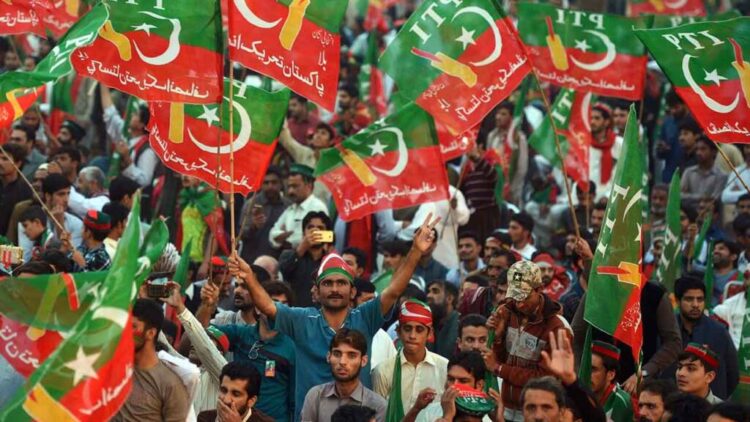The Pakistan Election Commission on March 4, 2024 ruled that a party aligned with the candidates backed by former premier Imran Khan was not eligible for extra seats in the legislature, another blow to the embattled groups governing prospects.
The decision represents another setback for Imran Khan, who is in jail following a string of convictions despite his candidates winning then maximum number of seats in the elections that took place in Pakistan on February 8, 2024. Imran Khan’s political party, the Pakistan Tehreek-I-Insaaf couldn’t contest the election under its traditional electoral symbol, a cricket bat which was denied on technical grounds.
The PTI then subsequently struck an alliance with another party, the Sunni Ittehad Council (SIC), in a bid to secure reserved seats. “SIC is not entitled to claim for the quota for reserved seats for women and non-Muslims,” the Election Commission of Pakistan said in an order seen by another international new agency. The reserved seats will instead be distributed among other parties, it said.
This would bolster the parliamentary strength of the fragile coalition that is set to take office led by former prime minister Nawaz Sharif’s brother Shahbaz Sharif and the Pakistan Muslim League Nawaz (PML-N) with support from the Pakistan People’s Party (PPP).
“We will challenge the ECP decision in the superior courts,” one of Imran Khan’s lawyers, senator and barrister Ali Zafar said in the upper house of the parliament after the ruling. “Such an undemocratic decision can’t be tolerated,” he said. Under Pakistan’s election rules, parties are allocated 70 reserved seats, 60 for women and 10 for non-Muslims in proportion to the number of seats that they win. This completes the National Assembly’s total strength of 336 seats.
The Imran Khan backed candidates had to run as independents after the Election Commission stripped his party’s election symbol, the cricket bat symbol on ballot papers on grounds that it failed to conduct an intraparty election, a pre-requisite for any party to take part in polls. They aligned with the SIC after the vote and argued successfully that they were now entitled to a share of 23 of reserved seats, Zafar said.




















Comments